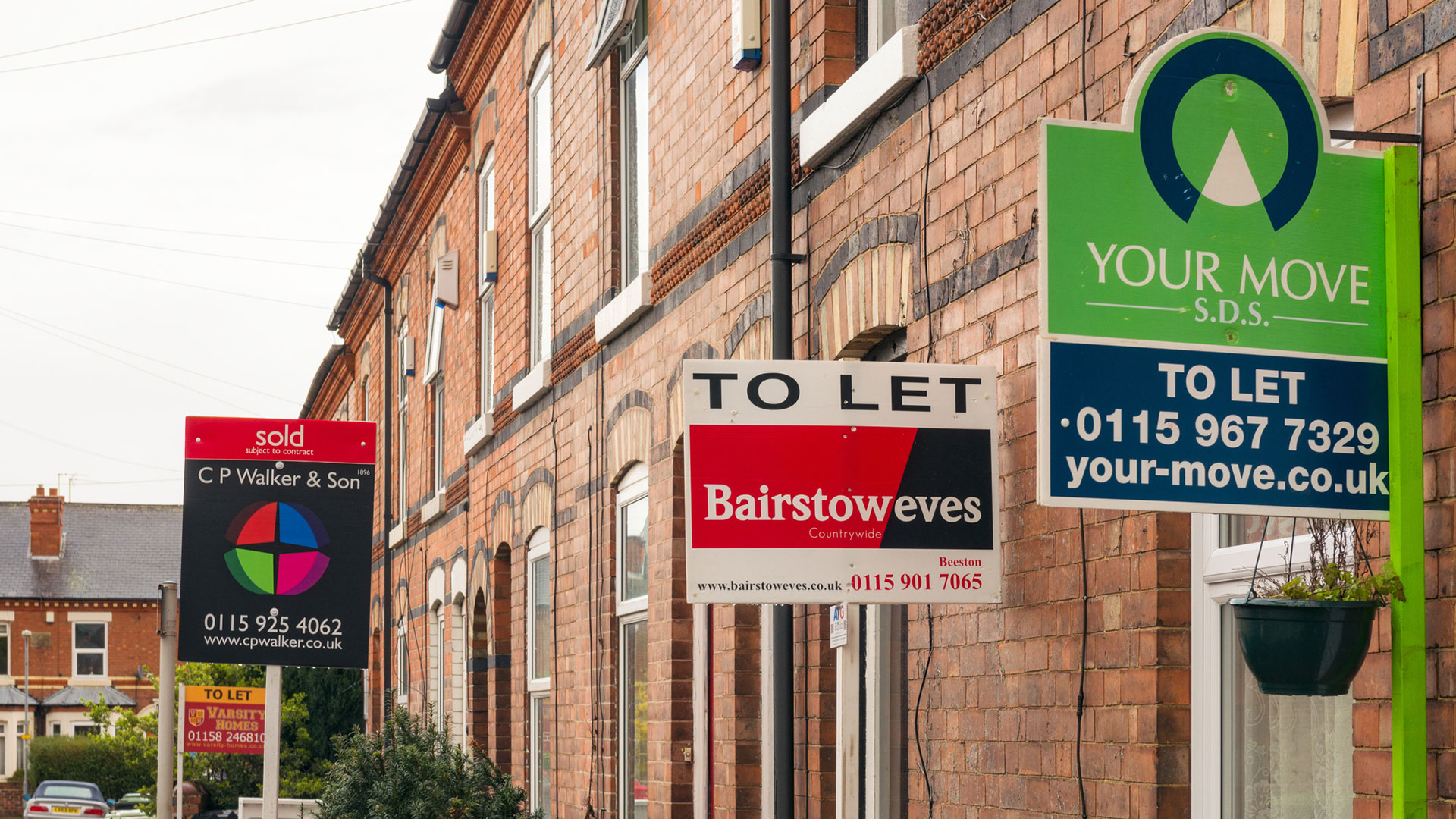Local Housing Allowance payments are too small to cover average rent almost everywhere in England, analysts for youth homelessness charity Centrepoint have found.
In 243 of the 247 local authorities where rent cost data was available, the lowest tier of housing benefit is not enough to pay for a room in a shared house – forcing young people to choose between rent and food.
And in more than a third of council areas, the amount of Universal Credit paid to under-25s was at least £100 below the price of rent per month.
Universal Credit claimants are paid different rates based on their housing type, meaning most people under 35 will receive the smallest amount, the Shared Accommodation Rate, because it is assumed they could return home or be supported financially by family. Centrepoint’s research used this rate and compared to the average market rent prices across England.
The government won plaudits for its early work with rough sleepers and help with renters – that will count for nothing if it fails to follow through and leaves vulnerable young people facing destitution
Care leavers aged 18-21 and homeless people over 25 who have lived in hostels can claim a slightly higher rate, but the charity says this does not go far enough to support young people. After a successful Centrepoint campaign, Chancellor Rishi Sunak said the exemption would be extended to care and hostel leavers under 25, but not until 2023.
It’s crucial that minsters take action to prevent youth homelessness now, they said, as evidence continues to emerge showing that young people are among the most impacted by the Covid-19 driven economic shutdown.






